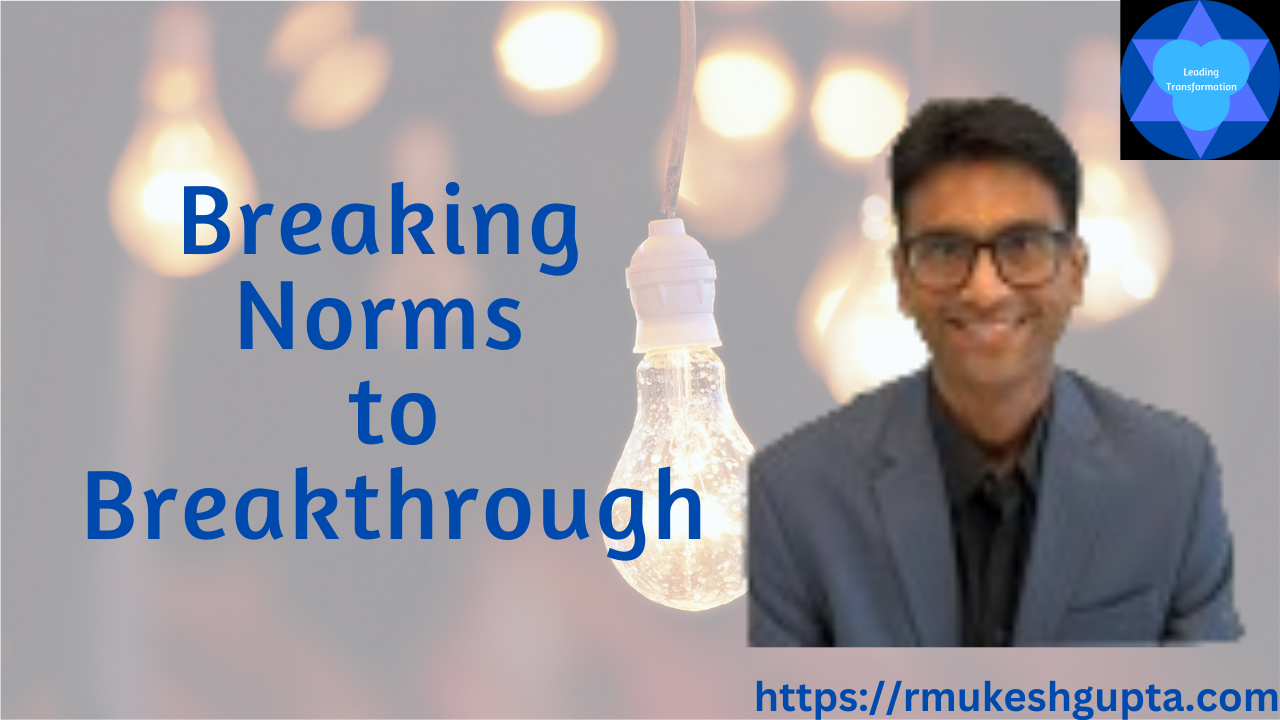Can banks transform themselves to remain relevant both in the financial economy and for the network economy?
Traditionally, the role of the banks have been to be collect money from people who have money, aggregate the same and loan out the money to people who needed it. The banks were needed as there was no way that people who had money could know about other people who needed the money. Also, banks could assess the risks associated with the loans and cover the risk by way of lower, but guaranteed returns on income for people who deposited cash with the bank.
That condition has changed with the emergence of technology. This has been proven by companies like kickstarter where the people who need money set-up online profiles and people who have money can find the people whom they would like to give away or in some cases lend their money for something in return (could be cash or kind).
Still banks are acting as if their environment hasn’t changed.
Now, in order for the bank to provide guaranteed returns to the customers, the banks generally avoid giving out unsecured or medium to high risk loans.
Now if the banks can create an online platform where, all the loan applications that the bank wants to refuse are listed, with all the relevant information. Access to this platform is provided to any customer who wants to be an investor. These investors can then see these loan applications, access the risk potential and then decide if they would like to take the risks and approve the loan. If they do, the bank then charges the amount from the investor and provides the loan to the applicant and on what terms (rate of interest, duration of the loan, collaterals, etc). The contract could be between the investor and the loan applicant, where the bank becomes a mediator. The bank can charge a fee to the applicant and the investor for providing this service.
This will help everyone involved. The investors have the potential to earn a much higher return for their savings in the bank; loan applicants who are willing to pay a higher interest in return to a loan that is made available to them (which otherwise they cant get) and the bank my derisking their portfolio and at the same time increasing their profitability.
The banks can also start creating credit ratings for both investors and the loan applicants which they can then use for subsequent transactions.
Also, if the product or service is successful, the bank can start doing this for all loan applications and hence totally de-risk their business while continuing to be profitable.
The banks can also enable commerce between their customers. They can build a platform where their customers can buy and sell their products/services and charge a small percentage of the transaction value as a service charge. They already have a huge list of businesses transacting with them. This platform only enables connections between these businesses.
Both these ideas are meant to transform banks from just managing money to connecting people and enabling commerce. This is exactly what the networked economy model rewards.
Do you think these are feasible ideas? Do share your thoughts so that we can discuss this further.
You can connect with me on twitter, linkedin, facebook or email.
You can also subscribe to my weekly newsletter here.




3 thoughts on “Rethinking the Role of a Bank”
There are many examples for crowdfunding, e.g.symbid.com for risk capital. The trend is to go back to decentral solutions. This holdfs for banking&financing, for energy, but also for community care etc. The trend has various names, community economics, nearonomics, the KIN principle ( keep it near) neanearonomics, weconomics. etc. selfmanagenent , self scheduling , social innovation , self-assembled teaming are the symptoms. Even local money and barter is becoming more popular in the western world.
Please read this esaay and you will understand the big picture and next steps.
Thanks for sharing your thoughts. I partially agree with your assessment that there is a trend to go towards decentralized solutions. however, I don’t think that this trend will gain momentum. In my opinion, the successful organizations will be those, who are able to transform themselves as Glocal organizations. They are able to provide localized service while at the same time will be able to leverage the global scale..
Comments are closed.